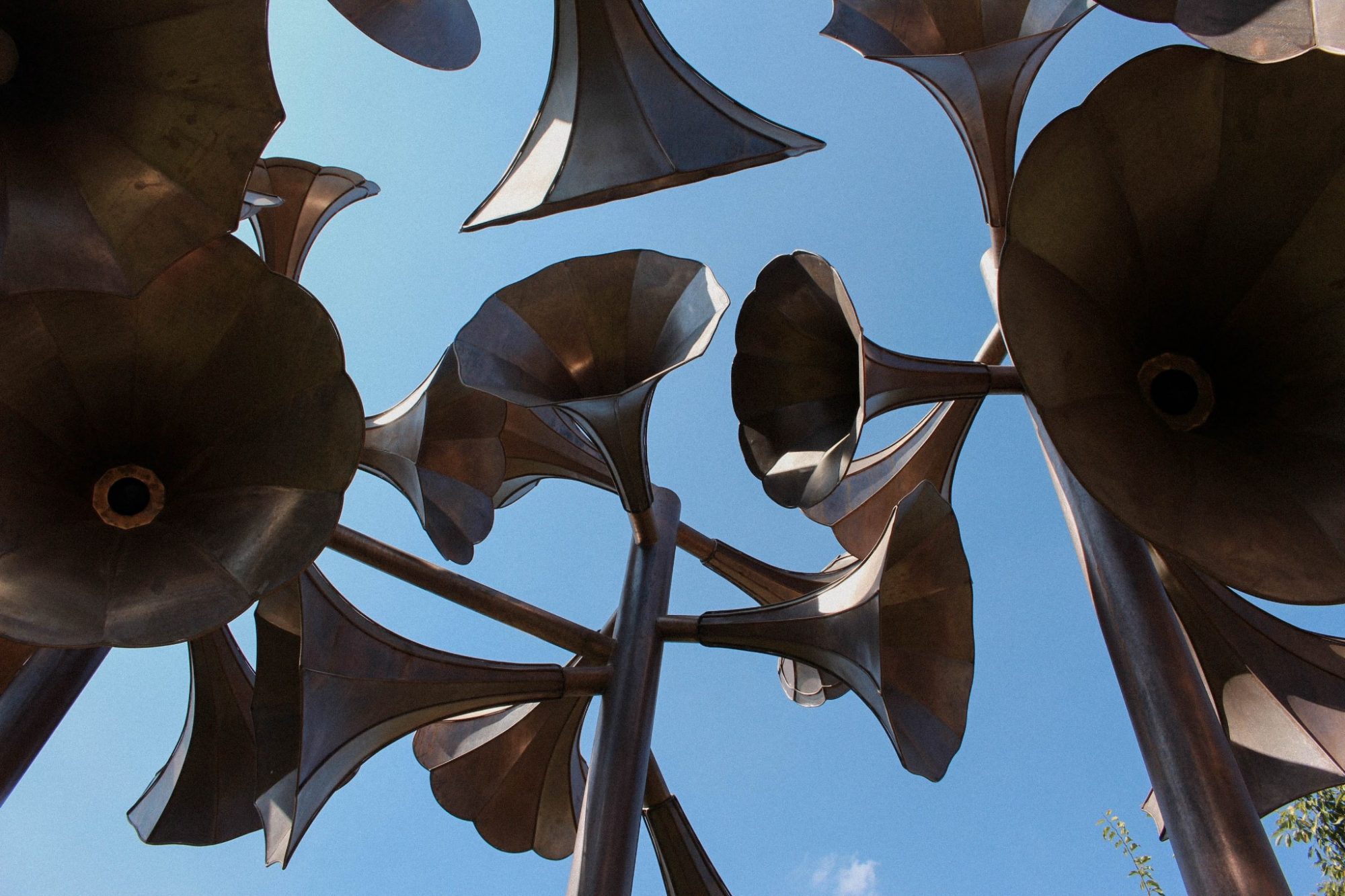One major impetus for revitalizing the University Core was to provide more opportunities for creative interdisciplinary courses that could include a wide variety of perspectives, including points where the liberal arts meet professional disciplines. This was of interest to students, faculty, and administration alike, and it resulted in a proposed new “Exploration Level” of courses…Continue Reading The Once and Future Core Course: Imagining (and Designing) the Exploration Level
The Once and Future Core Course: Imagining (and Designing) the Exploration Level




